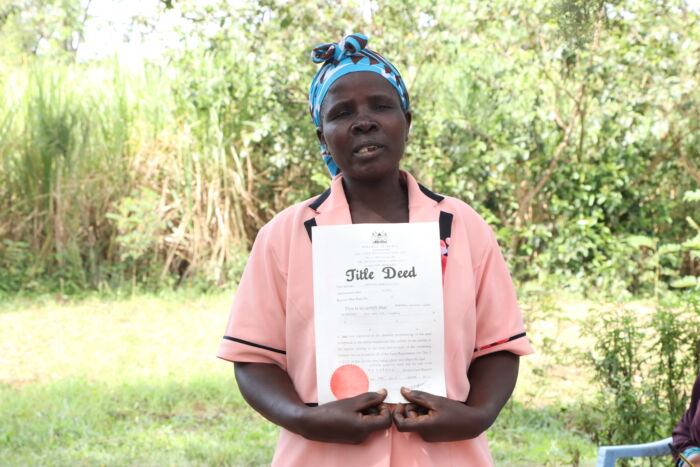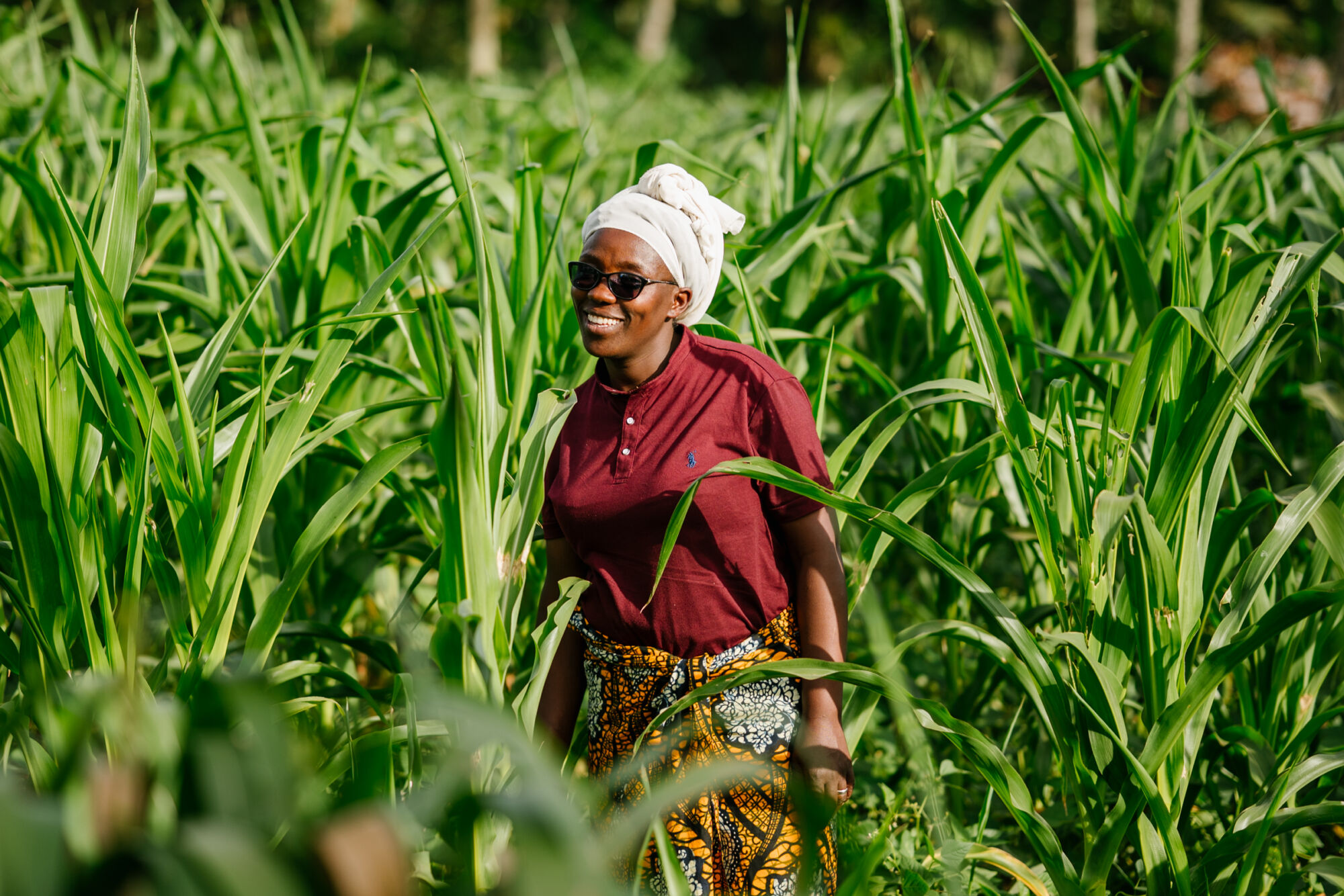
Since land is a base for food production and income generation, it serves as collateral for credit and as a means of holding savings for the future. To address the issue of land ownership for women, we have collaborated with our partners, Pamoja Trust and GROOTS Kenya, in the recently concluded Ardhi Kwa Kina Mama (AKIMMA) project in Kenya, supported by the European Union in Kenya.
Together, we have advocated for increased access to women’s land rights by establishing safe spaces for grassroots women’s land rights defenders and promoting safer environments for these defenders in Kenya.
We have witnessed:
- Improved responsiveness of duty bearers to land rights defenders and women’s land rights violations at the national level and in the four counties.
- Strengthened the movement of grassroots women and land rights and
- Increased the proportion of women exercising their rights to land.
Through the establishment of safe spaces, we have contributed to the protection and promotion of human rights in Kenya. The project has benefited women in Kakamega, Busia, Nairobi, and Mombasa Counties, specifically targeting nine sub-counties. These sub-counties include Kangemi, Mathare, and Kibera in Nairobi; Changamwe in Mombasa; Samia Bunyala and Nambale in Busia; and Navakholo and Malava in Kakamega counties.
Women’s rights to land and property are foundational to realize gender equality.
Over the past three years, AKIMMA’s implementing partners have conducted campaigns and forums, playing a significant role in enhancing women’s land rights at the grassroots level. This initiative has highlighted the challenges faced by women in addressing the social, economic, and political issues of our time and recognizes their crucial role in urban and rural transformation.
